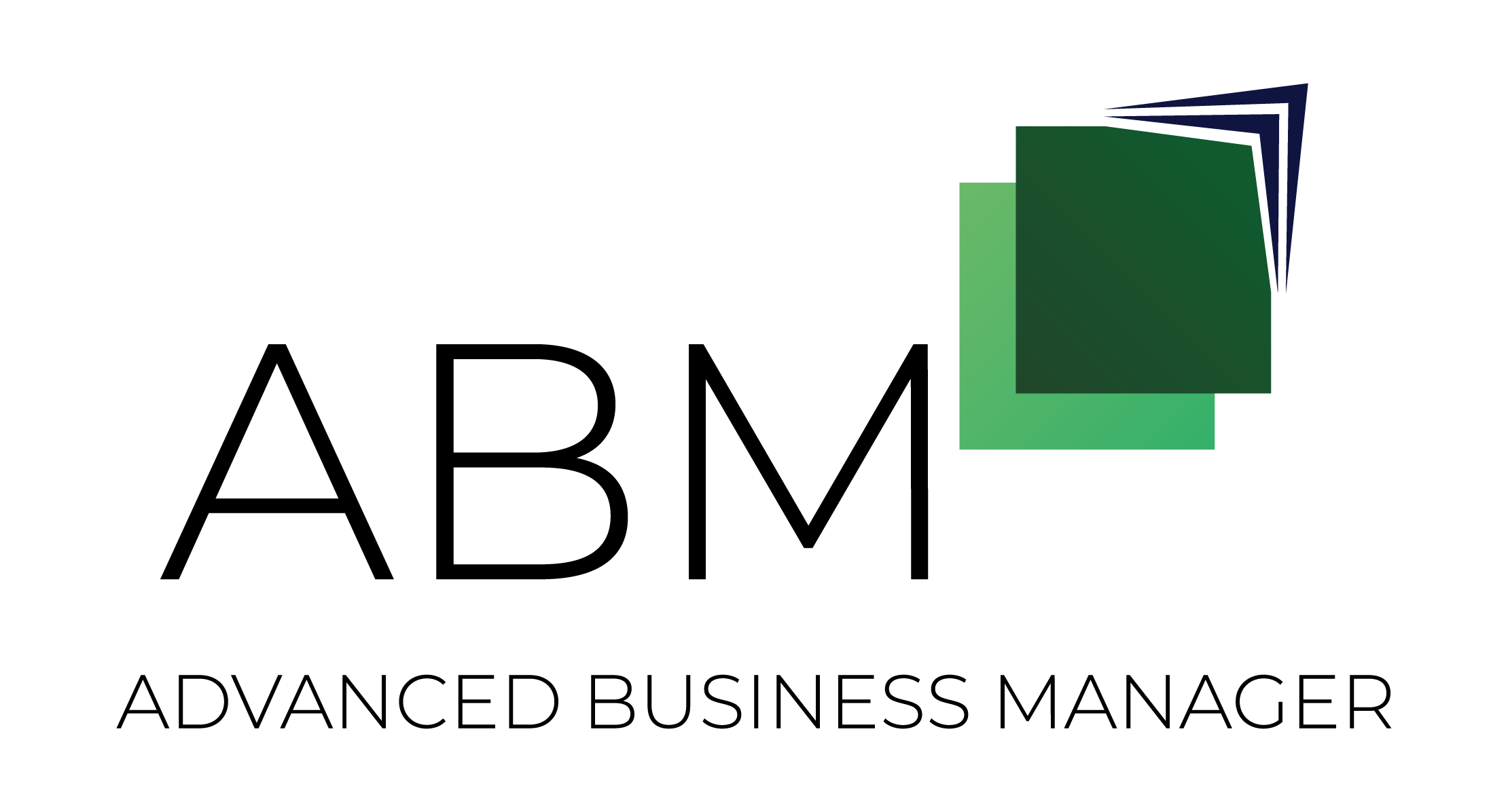Not every small business needs an accountant, but you might be surprised at the number of ways they can support you. Not only do accountants help with financial reports and tax obligations, they also provide essential business advice throughout the lifecycle of your company.
When should you hire an accountant for your small business?
Some businesses hire an accountant they go to regularly, while others employ them on an ad-hoc basis. There's no right way of doing it. To help you understand how your business could benefit from an accountant and how regularly you'll want to see them, we look at several reasons you may want to seek their advice.
1) When creating a business plan
Accountants help you create long-term financial projections through strategic business advice.
As long as they're appropriately qualified, accountants can help you create long-term financial projections through strategic business advice. Forecasting is key when you're creating a business plan, whether you're launching a new idea or taking stock of your achievements to date. It's much better to seek advice before you make big decisions, rather than to help you untangle a mess further down the line.
Another area of business in which accountants are experts, is legal structure. Some businesses are limited companies, others are partnerships or sole traders. How you structure your business has implications both in terms of taxes and whether your personal assets are protected. An accountant can explain the options and help you choose the right one.
2) For difficult tasks like taxes
Some of your financial administration can be done by an in-house bookkeeper. Not a fully fledged accountant, a bookkeeper might take charge of recording your transactions, paying invoices, chasing your debts or payroll processing. However, the bigger tasks might be best left to qualified accountants.
Tax returns are a good example. There's a lot of very specific terminology and compliance involved in submitting returns to the taxation office. It can be quite confusing if you're not familiar with the processes and procedures. Accountants can help you wade through it and make sure your legal obligations are dealt with correctly.
3) To support growth
Growth isn't always easy to manage. Even if your operations pick up speed and your revenue soars with hardly any effort, you must understand the adjustments required to support your changing business. Accountants help you grow steadily and wisely, ensuring you put in place all the support your team needs to sustain a higher level of turnaround. They can provide strategic advice, as well as help you to set up day-to-day processes that keep you on top of your financials.

4) When cash flow is a problem
One of the top reasons businesses fail is cash flow. You can be making sales at the speed of lightening, but if your invoices aren't being paid as quickly as your outgoings stack up, it won't work long term. You'll still need to order raw materials, parts or equipment, as well as pay your staff and utility bills.
Accountants look at company books all day long. They're perfectly positioned to identify where your decisions are affecting your spending power and what you can do to change.
5) If you don't have an in-house financial expert
For small business owners, financial paperwork is one of those things you have to do yourself, but that gets in the way of actually running your business. If you don't have a financial expert on your staff team, consider the cost benefit of hiring an account now and then to help you out.
By working out the cost per hour of your time versus theirs, you'll see how much it'll really cost. You might find that by outsourcing your finances, you can make better use of your time and properly focus your attention on important business decisions.

Supporting your accountant with the right software
While there are numerous benefits to having an accountant on hand, you may not be able to afford to have one on call 24/7. That's where having the right accounting software supports both you and your accountant, keeping your business running smoothly in between appointments.
Having the right accounting software supports both you and your accountant.
The latest business intelligence technology and automated reporting systems go a long way to helping you understand your business and ensure your reporting obligations are met. In fact, having this type of information at your fingertips in a user-friendly system helps your accountant do their job more quickly. They spend more time providing essential strategic advice, and less time adding up your figures.
Enter your costs and income accurately.Advanced Business Manager's intuitive accounting software allows you to:
- Produce high value business intelligence.
- Have your payroll and inventory within the same system so you can analyse expenses more accurately.
- Manage your data in the cloud so you can work with your accountant from any location.
- Ensure you or your bookkeeper spend minimal time on data entry.
To learn more about how good accounting software can support you and your small business accountant, request a free demo of Advanced Business Manager.







